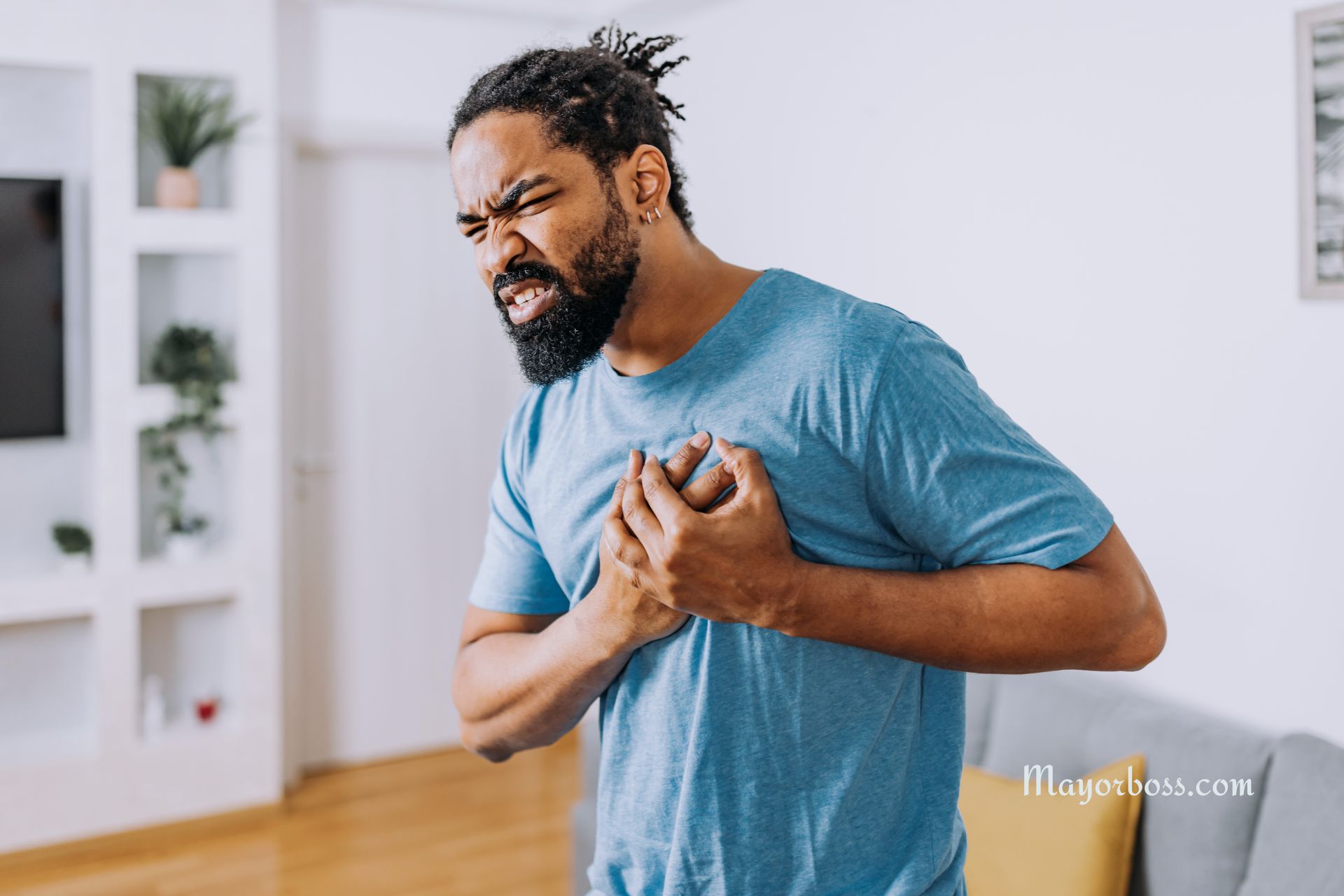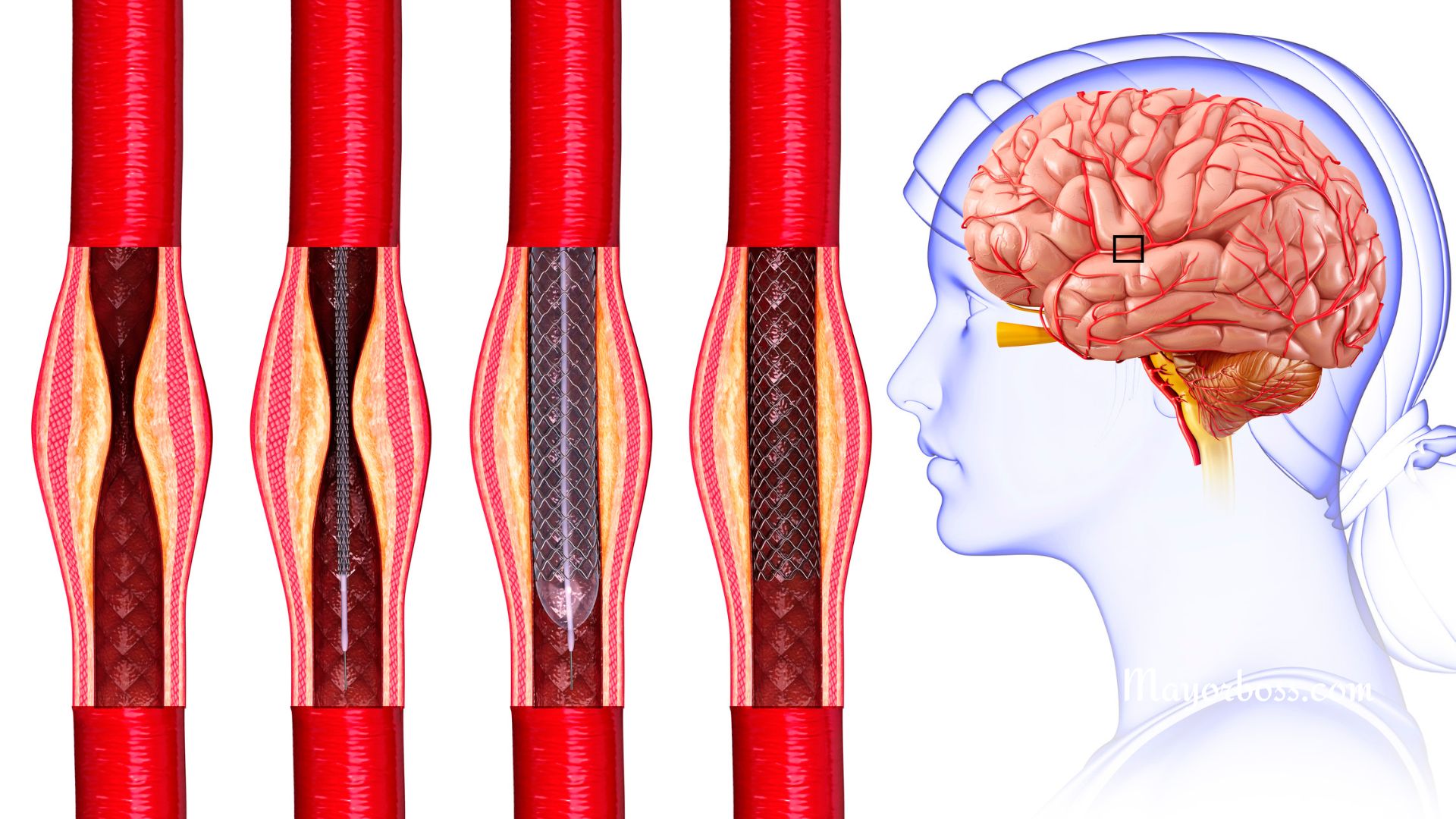10 Signs Your Chest Pain May Reveal Something More Serious
Chest pain is one of those symptoms that immediately grabs your attention. It’s natural to wonder if it’s just something minor, like heartburn, or if it’s a sign of a more serious issue. But how can you tell the difference? Keep reading to learn about the ten signs that your chest pain might be something you shouldn’t ignore.

If Your Chest Pain Is Severe and Comes on Suddenly
When your chest pain is intense and starts suddenly, it could indicate a serious condition like a heart attack. According to the American Heart Association, a heart attack typically causes a sudden, crushing pain in the chest, which can spread to your arm, neck, or jaw. This kind of pain is usually severe and not something you should dismiss. If you experience this, it’s crucial to seek emergency medical attention right away.
When Your Chest Pain Lasts More Than a Few Minutes
Pain that lingers for more than a few minutes, especially if it doesn’t go away with rest, is another red flag. Chest pain associated with heart problems, such as angina or a heart attack, usually doesn’t disappear quickly. According to the Cleveland Clinic, persistent chest pain could suggest that your heart isn’t getting enough oxygen-rich blood, which is a serious concern.
When Chest Pain Radiates to Other Parts of Your Body
If your chest pain spreads to your arms, shoulders, neck, jaw, or back, it could be a sign of a heart attack. This type of pain, often described as a squeezing or pressure-like sensation, should not be ignored. As described by Dr. Natalia Hapych, MD (a certified family medicine physician), this radiation of pain is particularly concerning when it happens alongside other symptoms like sweating, dizziness, or shortness of breath.
If Your Chest Pain Worsens with Physical Activity
If you notice that your chest pain gets worse when you’re active and subsides when you rest, it might be related to your heart. This pattern is typical of angina, which occurs when your heart muscle doesn’t get enough oxygen during exertion. The National Library of Medicine explains that this type of chest pain is often a warning sign of coronary artery disease and should prompt a visit to your doctor.
When Chest Pain Is Paired with Dizziness or Fainting
Feeling dizzy, lightheaded, or fainting in conjunction with chest pain can be alarming and is often a sign that something serious is happening, such as a heart attack or an aortic dissection (a tear in the major artery leading from the heart). These symptoms occur because your heart may not be pumping blood effectively, leading to decreased blood flow to your brain.
When Chest Pain Is Accompanied by Shortness of Breath
Shortness of breath paired with chest pain can indicate several severe conditions, such as a heart attack or a pulmonary embolism, which is a blood clot in the lungs. The American Heart Association warns that if you’re struggling to breathe and experiencing chest pain simultaneously, it’s vital to get medical help immediately.
If You Feel Nausea or Vomiting Alongside Chest Pain
Chest pain accompanied by nausea or vomiting is another sign that something could be seriously wrong. While these symptoms might occur during less serious issues like acid reflux, they’re also common during a heart attack. A review published in StatsPearls suggests that nausea, with or without vomiting when combined with chest pain, requires prompt medical evaluation.
If Chest Pain Is Accompanied by Sweating or Clammy Skin
Breaking out in a cold sweat or having clammy skin while experiencing chest pain could be an indication of a heart attack or another serious condition. These symptoms occur because your body is under severe stress, possibly from a lack of oxygen to your heart. If you experience these symptoms, it’s essential to get emergency medical care.
If Your Chest Pain Is Sharp and Stabbing
Sharp, stabbing chest pain, especially if it worsens with deep breaths or coughing, might indicate a condition like pleurisy or a pulmonary embolism. While these conditions can be severe, they’re different from the crushing pain typically associated with a heart attack. However, the Mayo Clinic advises that any sharp chest pain should still be evaluated by a doctor to rule out potentially life-threatening causes.
When Chest Pain Comes with a Rapid or Irregular Heartbeat
If you experience chest pain along with a rapid or irregular heartbeat, it could signal a heart rhythm disorder (arrhythmia) or a heart attack. When your heart isn’t beating correctly, it can’t pump blood effectively, thus leading to pain and other symptoms. This combination of symptoms needs immediate medical attention.
What Should You Do If You Experience These Signs?
Chest pain, especially when accompanied by other symptoms, should never be ignored. If you’re experiencing any of the signs mentioned above, it’s critical to seek medical help right away. It’s better to be cautious and have a doctor evaluate your condition than to risk a potentially life-threatening situation.
In fact, doctors say that many conditions causing chest pain can be treated more effectively if caught early. That means that even if you’re unsure about the severity of your chest pain, scheduling an appointment with your doctor is always a good idea.






